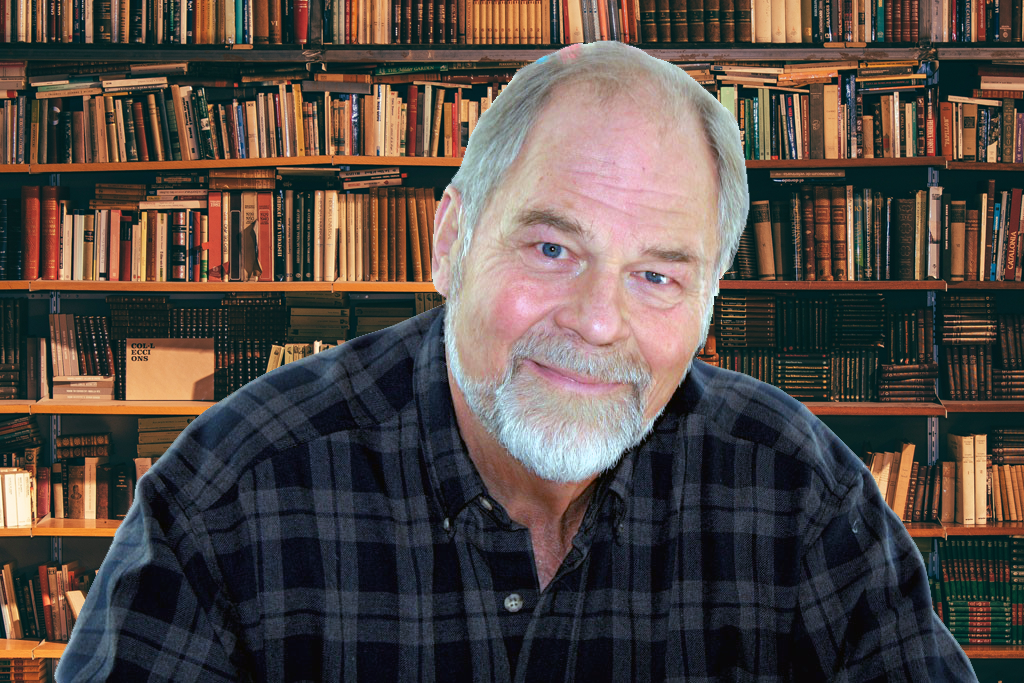SYDNEY LEA was Poet Laureate of Vermont from 2011-2015. In 2021, He received Vermont’s highest artistic distinction, The Governor’s Award for Excellence in the Arts. (See Interviews and Trailers.)
Lea’s sixteenth collection of poems, What Shines, was published in late 2023. In January 2024, his seventh collection of personal essays, Such Dancing as We Can, appeared, followed this past May by his second novel, Now Look.
In 2022, he published Seen from all Sides: Lyric and Everyday Life, a collection of newspaper columns on poetry, composed during Lea’s laureate tenure. A third edition of Roads Taken: Contemporary Vermont Poets, an anthology he co-edited with Chard deNiord, his successor as state poet, is now available.
Lea founded New England Review in 1977 and edited it until 1989. Of his fifteen previous poetry collections, Pursuit of a Wound was one of three finalists for the Pulitzer Prize for poetry. The preceding volume, To the Bone: New and Selected Poems, won the 1998 Poets’ Prize. In 1989, Lea also published the novel A Place in Mind with Scribner, and it will soon be re-issued by Downeast Books. The author’s longtime fascination with upper New England and its vanishing traditions is recorded in A North Country Life: Tales of Woodsmen, Waters and Wildlife, originally published in 2012 and recently presented in a new edition by Skyhorse Books.
Lea has received fellowships from the Rockefeller, Fulbright and Guggenheim Foundations, and over 43 years taught at Dartmouth, Yale, Wesleyan, Vermont and Middlebury Colleges, as well as at Franklin College in Switzerland and the Eotvos Lorand University in Budapest. His stories, poems, essays and criticism have appeared in The New Yorker, The Atlantic, The New Republic, The New York Times, Sports Illustrated and many other periodicals, as well as in more than fifty anthologies. He lives in Newbury, Vermont, and has been highly active both in adult literacy efforts and in conservation.
Lea’s affection for story, whatever his genre, derived in no small measure from men and women elders in New England, colors his writing, and his lifelong passion for the natural world informs almost his every utterance.
